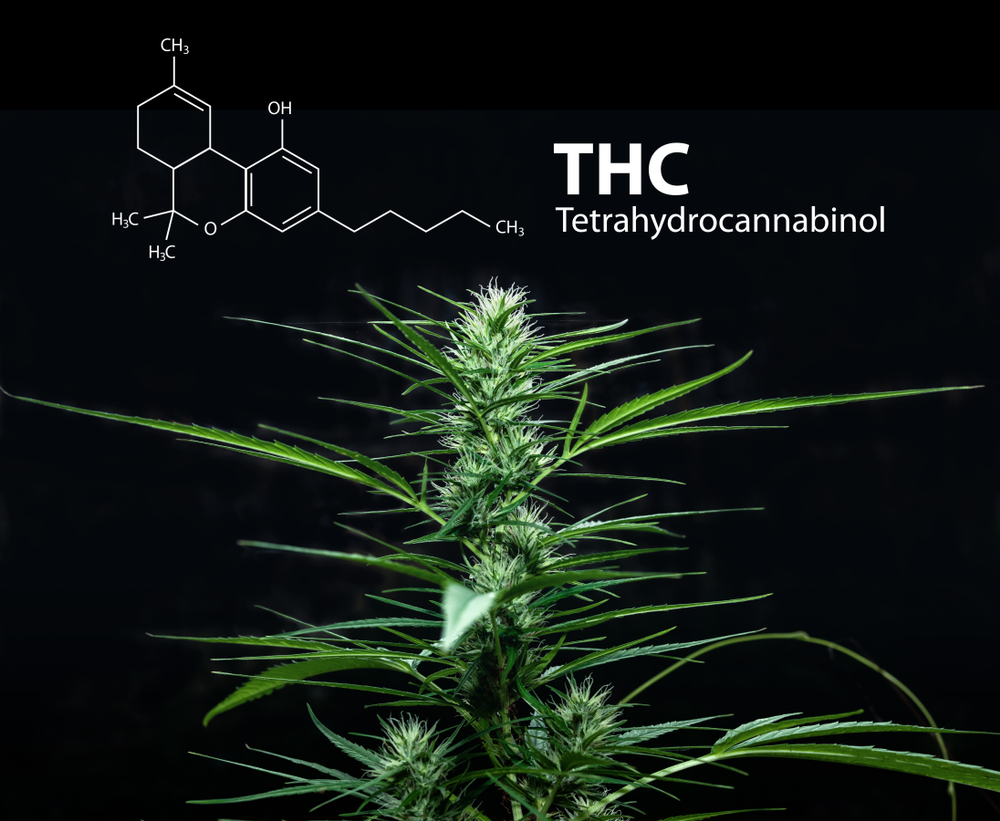By the end of April 2021, a month after the Covid-19 pandemic completed a year in Brazil, the country had already recorded more than 400,000 deaths from the disease and about 14 million people infected, exceeding the sad average of 2 thousand daily deaths. Among the many scientific studies underway, in an attempt to restrain the disease, scientists have also engaged in studying the relationship between medicinal cannabis and coronavirus.
Since the scientific discovery of the Endocannabinoid System in the 1990s, some studies have validated the anti-inflammatory action of phytocannabinoids in several viral conditions. However, in relation to Cannabis and Covid-19 specifically, little is known about the therapeutic potential of these substances in this context.
Although preclinical studies demonstrate therapeutic effects of phytocannabinoids CBD (cannabidiol), THC (tetrahydrocannabinol), and CBG (cannabigerol) against various viral diseases, there is, to date, no scientific evidence that actually proves the antiviral effect of these cannabinoids in fighting Covid-19, either to protect against infection or to handle it.
In this post, we are talking about what is possible to infer today about Cannabis and Covid-19 from studies exploring the anti-inflammatory potential of phytocannabinoids.
Read on and learn more about this context!
Viral outbreaks and “cytokine storm” syndrome
According to a study published in the scientific journal The Lancet, the main cause of mortality associated with COVID-19 infection is the acute respiratory distress syndrome (ARDS) followed by “cytokine storm syndrome” (proteins that regulate inflammatory responses).
>>> Check out the paper COVID-19: consider cytokine storm syndromes and immunosuppression
Cytokine storm syndrome is characterized by an exacerbated and disproportionate immune reaction, which occurs mainly in the lungs, and can cause the death of Covid-19 patients or severe long-term functional damage.
The scientific portal Science Daily reports that the overload of inflammatory cytokines and the sudden increase in immune cells was probably also the main cause of death in other viral outbreaks, such as in Spanish flu pandemic that killed more than 50 million people between 1918-1920 and, more recently, the flu caused by the H1N1 virus.
>>> Check out the publication Deadly immune ‘storm’ caused by emergent flu infections
In summary, what some introductory assumptions about Cannabis and Covid-19 suggest is that cannabinoid derivatives interact with immune cells and inflammatory cytokines, playing an important anti-inflammatory and homeostatic role in this context.
CBD and THC can modulate the immune system and act as immunosuppressiveagents, suggesting the benefits of these phytocannabinoids both in controlling autoimmune diseases and in intense inflammatory process that occurs in Covid-19.
>>> On this topic, check out the article The cannabinoid system and immune modulation
Scientific assumptions about Cannabis and Covid-19
Scientifically, it is already proven that the interaction of cannabinoid receptors with phytocannabinoids CBD and THC is capable of suppressing inflammatory processes in several contexts, as pointed out in this bibliographic reviewwhich involves advanced preclinical and clinical studies on the use of cannabinoid derivatives in the treatment of pain and inflammation.
>>> Check here the complete review Cannabinoid Delivery Systems for Pain and Inflammation Treatment
More precisely in viral infections, this therapeutic effect occurs through the signaling of receptors that down-regulate the expression of pro-inflammatory cytokines, attesting the therapeutic potential in cases of exacerbated inflammatory response, as in Covid-19.
This is what some introductory studies suggest, such as this U.S study which points out that CBD helps to inhibit Covid-19 infection in human lung cells.
According to this study, CBD would have the potential not only to act as an antiviral agent in the early stages of the disease but also to protect the patient against a hyperactive immune system in later stages.
>>> Check out the study Cannabidiol Inhibits SARS-CoV-2 Replication and Promotes the Host Innate Immune Response
The anti-inflammatory potential of CBD in this context
Although there is no proven evidence for using CBD as an antiviral agent, we can highlight some studies with promising results in this context, like this in vitro experiment pointing out to a direct antiviral effect of CBD against hepatitis C virus. This study was conducted by European scientists and published in the journal Cannabis and Cannabinoid Research..
>>> Check here the article Potential of Cannabidiol for the Treatment of Viral Hepatitis
However, in general, what the scientific evidence points out is that the effectiveness of CBD in the context of viral diseases, such as Covid-19, can be explained more by the anti-inflammatory potential of this phytocannabinoid than by a direct antiviral activity.
>>> Regarding the anti-inflammatory potential of phytocannabinoids, check out in this study the role of modulation of CB2 endocannabinoid receptor in this context The CB2 receptor and its role as a regulator of inflammation
Several studies on the relationship between Cannabis and Covid-19 is still under development in an attempt to point out more solid evidence.
Appropriate training in Medicinal Cannabis helps to better understand this and other possible clinical scenarios for safe, effective, and assertive use of cannabinoids derivatives.
If you are interested in incorporating these new tools into your therapeutic arsenal, contact us and be part of our global community of studies in Endocannabinoid Medicine, which gathers in a highly qualified way, scientific knowledge and practical experience.
References
Bruni N, Della Pepa C, Oliaro-Bosso S, Pessione E, Gastaldi D, Dosio F. Cannabinoid Delivery Systems for Pain and Inflammation Treatment. Molecules. 2018.
Klein TW, Newton C, Larsen K, Lu L, Perkins I, Nong L, Friedman H. The cannabinoid system and immune modulation. J Leukoc Biol. 2003.
Lowe HI, Toyang NJ, McLaughlin W. Potential of Cannabidiol for the Treatment of Viral Hepatitis. Pharmacognosy Res. 2017.
Nguyen LC, Yang D, Nicolaescu V, Best TJ, Ohtsuki T, Chen SN, Friesen JB, Drayman N, Mohamed A, Dann C, Silva D, Gula H, Jones KA, Millis JM, Dickinson BC, Tay S, Oakes SA, Pauli GF, Meltzer DO, Randall G, Rosner MR. Cannabidiol Inhibits SARS-CoV-2 Replication and Promotes the Host Innate Immune Response. bioRxiv [Preprint]. 2021.
Turcotte C, Blanchet MR, Laviolette M, Flamand N. The CB2 receptor and its role as a regulator of inflammation. Cell Mol Life Sci. 2016.




